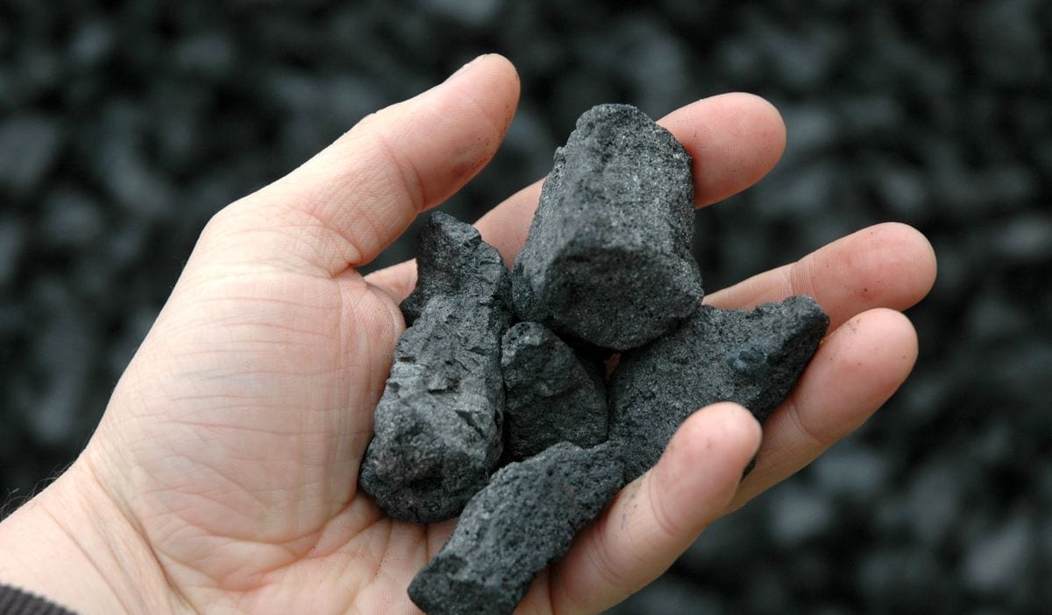Murray Energy, one of the largest coal companies in the United States, says it may be forced to cut its work force up to 80% because of excessive government regulation, among other factors.
Stiff competition and the collapse of coal prices have no doubt contributed to the decline of the coal industry. And the fracking revolution has brought massive amounts of natural gas to the market. But government carbon emission regulations are forcing electric companies to make the transition from coal-fired plants to facilities run on natural gas, causing a glut of coal on the market which has depressed prices.
Murray Energy Corp. notified employees it may have to slash as many as 4,400 jobs, or about 80 percent of its workforce, because of a combination of stiff regulations, low coal prices, and an increasingly crowded, competitive energy market. Company officials said it anticipates “massive workforce reductions in September.”
Murray’s owner, Robert Murray, is a stalwart supporter of Donald Trump and a fierce critic of President Barack Obama.
The possible layoffs were “due to the ongoing destruction of the United States coal industry by President Barack Obama, and his supporters, and the increased utilization of natural gas to generate electricity,” the company said in a press statement Friday.
The current coal price benchmark is $40 a ton, or half its level from five years ago, when the top Central Appalachian coal price ebbed at nearly $100 a ton.
Another massive coal company, Peabody Energy Corp., was forced to file for Chapter 11 bankruptcy in April, joining the likes of fellow coal country gold standards Arch Coal and Illinois-based Alliance Coal, in contemplating drastic measures to pull itself up and out of the muck and mire. All three Goliaths are struggling in a coal market pummeled by low natural gas prices on one side, and overreaching regulations on the other.
Peabody, which was marked as a bankruptcy risk by regulators prior to the company’s decision, acknowledged it reneged on a $71.1 million interest payment to its lenders, putting in place a month-long grace period.
Much like Arch Coal — which filed for Chapter 11 in January — Peabody’s lenders are asking the once-massive coal producer to restructure its debt through bankruptcy. Arch filed in hopes of keeping $4.5 billion in debt off its financial accounts.
Of course, fears about climate change have been driving government policy on carbon emissions. But why couldn’t the regulations be phased in over a number of years to give coal companies time to adapt? The technology to burn coal cleaner and more efficiently is coming online soon, making the rush to overregulate the industry and destroy hundreds of thousands of jobs unnecessary.
There appears to be a thinly disguised vindictiveness in government coal policy. The same could be said for the fossil fuel industry, which has incurred the wrath of liberals for committing the sin of giving us abundant energy at a reasonable cost.
Coal needs a friend in the White House or there will be an industry-wide collapse.









Join the conversation as a VIP Member